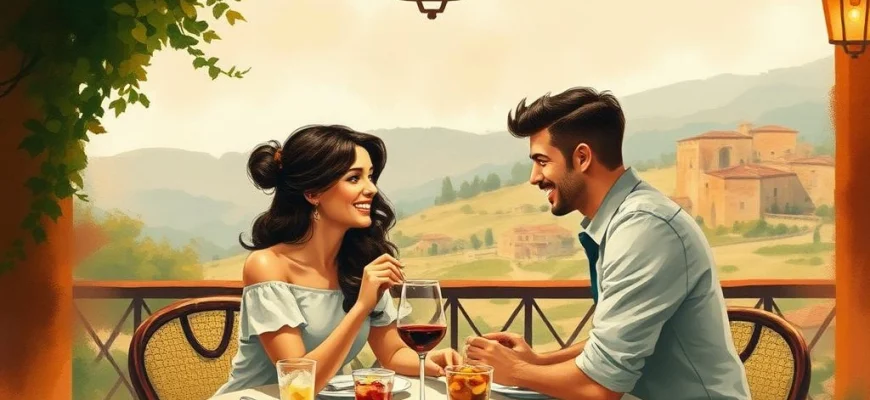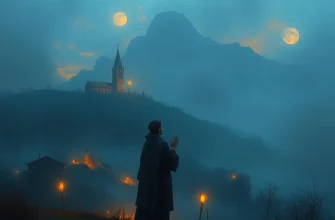Si vous avez aimé 'Mariage à l'italienne' (1964), ce classique du cinéma italien mêlant passion, drame et comédie, vous adorerez ces 10 films et séries similaires. Découvrez des histoires tout aussi envoûtantes, pleines d'émotions et de rebondissements, qui captiveront les amateurs de drames romantiques et de comédies sophistiquées.
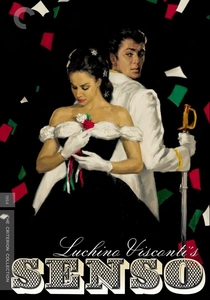
Senso (1954)
Description: A lush historical melodrama that intertwines personal passion with political upheaval, mirroring the intense emotional and societal conflicts in the reference film. The opulent visuals and tragic romance are striking parallels.
Fait: The film was one of the first Italian color films and was initially released in a tinted black-and-white version in the US. It was a critical and commercial success in Europe.
 Regarder
Regarder

Big Deal on Madonna Street (1958)
Description: A comedic take on Italian neorealism, blending humor with social commentary, much like the mix of drama and satire found in the reference film. The portrayal of flawed characters navigating life's absurdities is a key similarity.
Fait: The film is a parody of heist movies, particularly 'Rififi', and was a major influence on later comedies. It was Italy's official submission for the Academy Award for Best Foreign Language Film.
 Regarder
Regarder
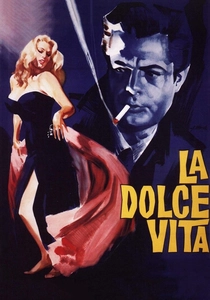
La Dolce Vita (1960)
Description: A cinematic masterpiece that delves into the decadence and existential crises of its characters, much like the exploration of love, betrayal, and societal norms in the reference film. The episodic structure and rich visual storytelling are key parallels.
Fait: The film's title entered the English language as a term for the 'sweet life' of hedonism. The Trevi Fountain scene is one of the most iconic in cinema history.
 Regarder
Regarder
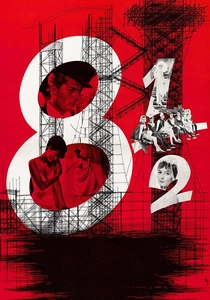
8½ (1963)
Description: A surreal and introspective film about creativity, love, and personal turmoil, echoing the complex emotional and psychological layers of the reference film. The blending of fantasy and reality is a notable similarity.
Fait: The film's title refers to the number of films Federico Fellini had directed up to that point. It won two Academy Awards, including Best Foreign Language Film.
 Regarder
Regarder

The Leopard (1963)
Description: A lavish period drama that explores themes of social change, love, and family dynamics, mirroring the intricate personal and societal conflicts depicted in the reference film. The visual grandeur and emotional depth are strikingly similar.
Fait: The film was restored in 2010, bringing back its original color palette and widescreen format. It won the Palme d'Or at the Cannes Film Festival.
 Regarder
Regarder

The Conformist (1970)
Description: A political drama that examines identity, morality, and repression, much like the exploration of personal and societal constraints in the reference film. The striking cinematography and psychological depth are key similarities.
Fait: The film's visual style heavily influenced later filmmakers, including Francis Ford Coppola and Martin Scorsese. It was banned in several countries for its political content.
 Regarder
Regarder

Cinema Paradiso (1988)
Description: A nostalgic and heartfelt film about love, loss, and the magic of cinema, much like the emotional resonance and romanticism of the reference film. The blend of personal and universal themes is a key similarity.
Fait: The film's score by Ennio Morricone is one of the most beloved in cinema history. It won the Academy Award for Best Foreign Language Film.
 Regarder
Regarder

Life Is Beautiful (1997)
Description: A poignant blend of comedy and tragedy, exploring love and resilience in the face of adversity, much like the emotional depth and humor in the reference film. The balance of light and dark tones is a notable parallel.
Fait: The film was the first non-English language film to win the Academy Award for Best Actor. It was partially inspired by the director's father's experiences in a concentration camp.
 Regarder
Regarder
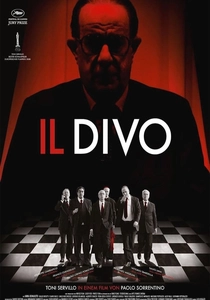
Il Divo (2008)
Description: A stylish and darkly comic biopic that delves into power, corruption, and charisma, much like the exploration of complex characters and societal critique in the reference film. The sharp dialogue and visual flair are striking parallels.
Fait: The film won the Jury Prize at the Cannes Film Festival. It is based on the life of Italian politician Giulio Andreotti.
 Regarder
Regarder

The Great Beauty (2013)
Description: A visually stunning meditation on art, love, and the passage of time, echoing the thematic richness and aesthetic beauty of the reference film. The exploration of existential questions and Roman life are key similarities.
Fait: The film won the Academy Award for Best Foreign Language Film. It was shot in over 100 locations across Rome.
 Regarder
Regarder

